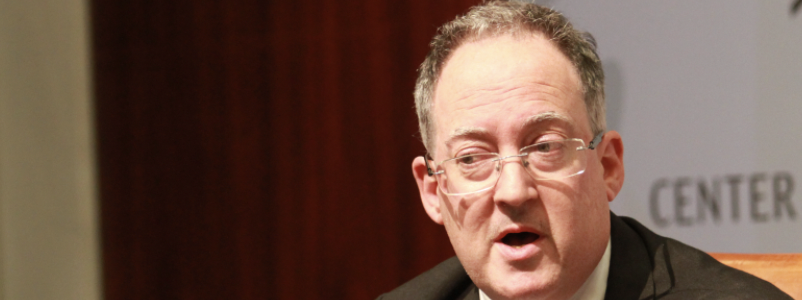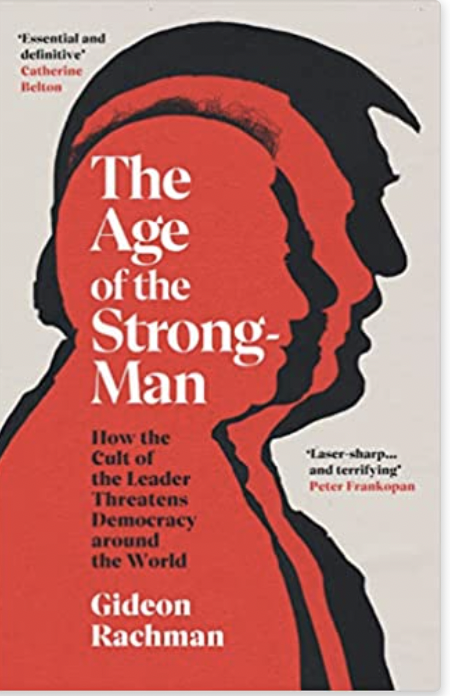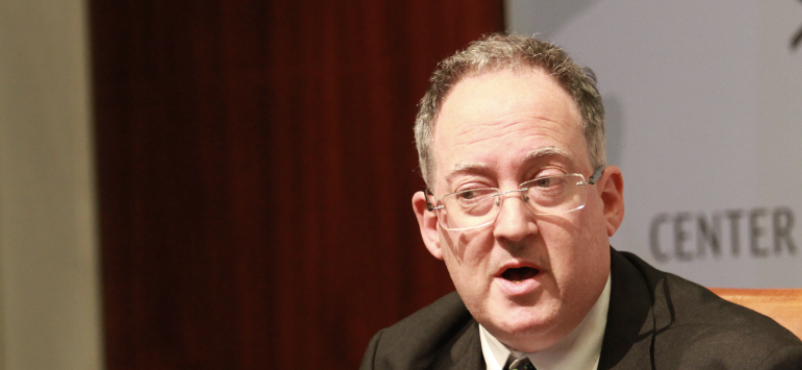
Might Over Right


Authoritarian leader has come to dominate global politics ever since the beginning of the millennium when Vladimir Putin took power in Russia. Self-styled strongmen have risen to power in Moscow, Beijing, Delhi, Brasilia, Budapest, Ankara, Riyadh, and Washington. Everywhere they go, these leaders encourage a cult of personality. How and why did this new style of strongmen leadership arrive? How likely is to lead to war or economic collapse? And what forces are in place not only to keep these strongmen in check but to reverse the trend? They are nationalists and social conservatives, with little tolerance for minorities, dissent, or the interests of foreigners. At home, they claim to stand up for ordinary people against global elites, abroad, they posture as the embodiments of their nations. They are not just operating in authoritarian political systems but have begun to emerge in the heartlands of liberal democracy. For Putin, Trump, Bolsonaro, Erdogan, Xi, and Modi, The Age of Strongman provides the first truly global treatment of new nationalism and offers a bold new paradigm for understanding our world.
“When it comes to making sense of today’s world, Gideon Rachman is in a league of his own world according to Ivan Krastev, co-author of the Light that Failed.
After the cold war, the “new normal” that the past three decades were supposed to represent turned out to be an aberration. Today’s news is full of horrifying detailed stories of geopolitical laws of the jungle have returned and with them the assertion of might over right.
Gideon Rachman, a Financial Times commentator and a former intelligence officer whose active service spanned those post-war decades and his works entail the employment of techniques such as deception, which are justified in pursuit of national security in a way that they would not be in the pursuit of private interest.
Liberal democracies take such measures, and these actions should be accountable to a democratically elected government, regulated by law, and, at a personal level only if you believe that the system you are defending is different – i.e., better – than the alternatives.
The Age of the Strongman is essentially polemic, warning that the difference between liberal democracy and authoritarianism is at risk of being eroded by the ego-driven antics of the strongman.
North Korea’s Kim does not even get a paragraph, but Donald Trump in the US to Viktor Orban, recently re-elected as prime minister of Hungary, Rachman acknowledges that the circumstances in which these leaders have risen differ wildly. But they all present a common danger, they put us on a slippery slope from accountable to autocratic government.
Britain’s current prime minister will no doubt be aggrieved to make the pick. The portraits are solidly constructed, engaging, and factually sound, but they are built on each other too. The result is a penetrating distillation of the essential ingredients of the Strongman that effectively demonstrates a worrying commonality between widely different personalities and circumstances.
Rachman explains the 30-year life cycle for the strongman age and identifies some of the internal flaws in authoritarianism – inability to tolerate criticism, infirmity, succession. The Age of Strongman’s epilogue looks to the task that President Joe Biden faces in restoring America’s democratic reputation and thus leading the fightback against creeping authoritarianism, highlighting the January 2021 Capitol Riots to remind us of the golden value of robust institutions. The compromises between values and interests that will be necessary to sustain liberal, or semi-liberal, alliances will be too messy.
The timing of this book, which already reads differently in the light of the tragedy of Ukraine and in France Marine Le Pen may introduce a woman to Rachman’s otherwise all-male club.
Putin’s miscalculation and errors put a new spin on things and could affirm many of the worst fears contained in The Age of the Strongman. An intelligence failure born of the difficulties of speaking truth to a dictator notched military modernisation programme thanks to the corruption that inevitably accompanies rule by vested interest. Over Putin’s shoulder looks China’s President Xi, who can now see resilience in the west that he sincerely believes to be in rapid decline.
The Age of the Strongman: How the Cult of the Leader Threatens Democracy Around the World by Gideon Rachman, Bodley Head £20, Other Press $27.99, 288 pages.
